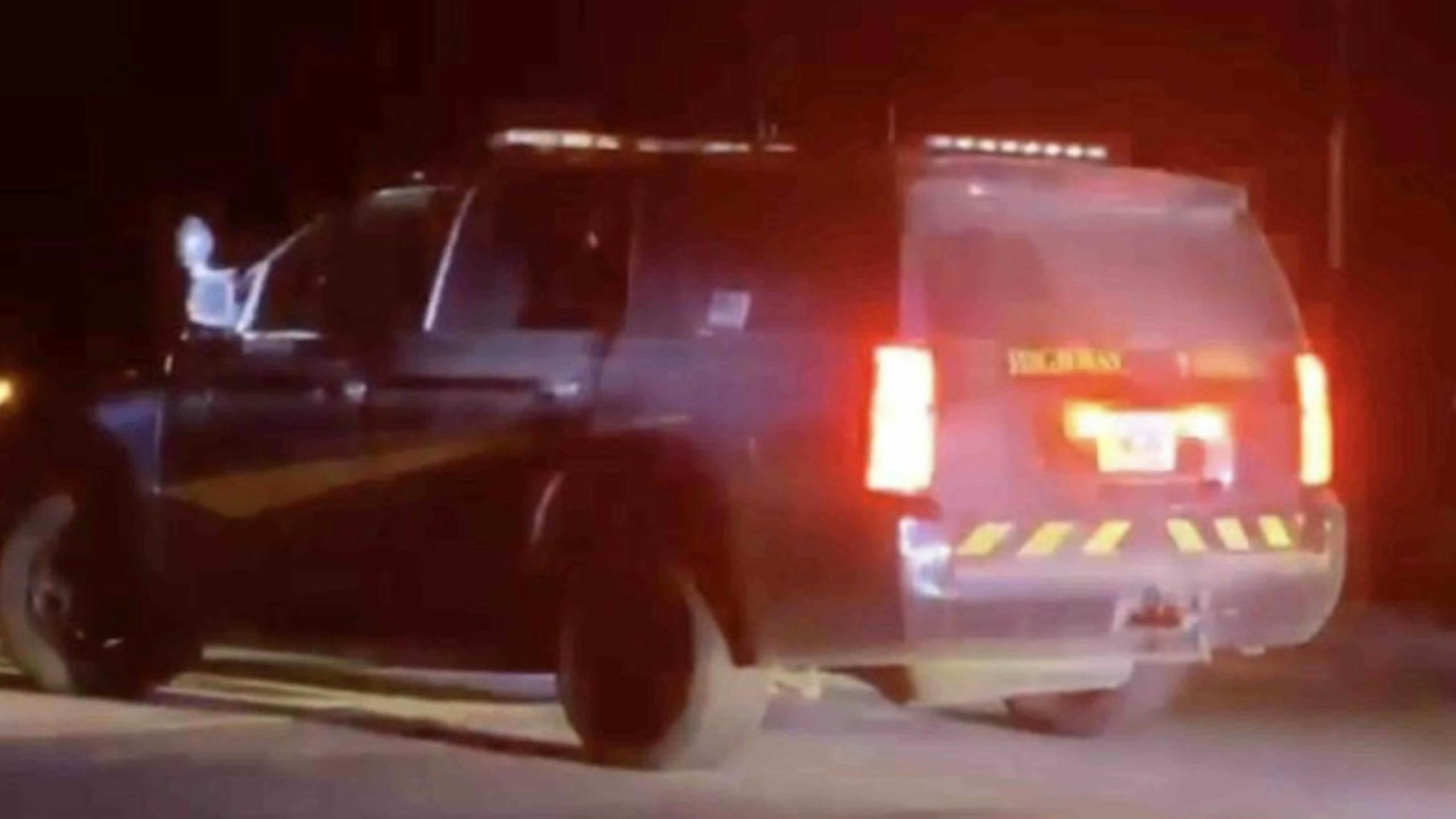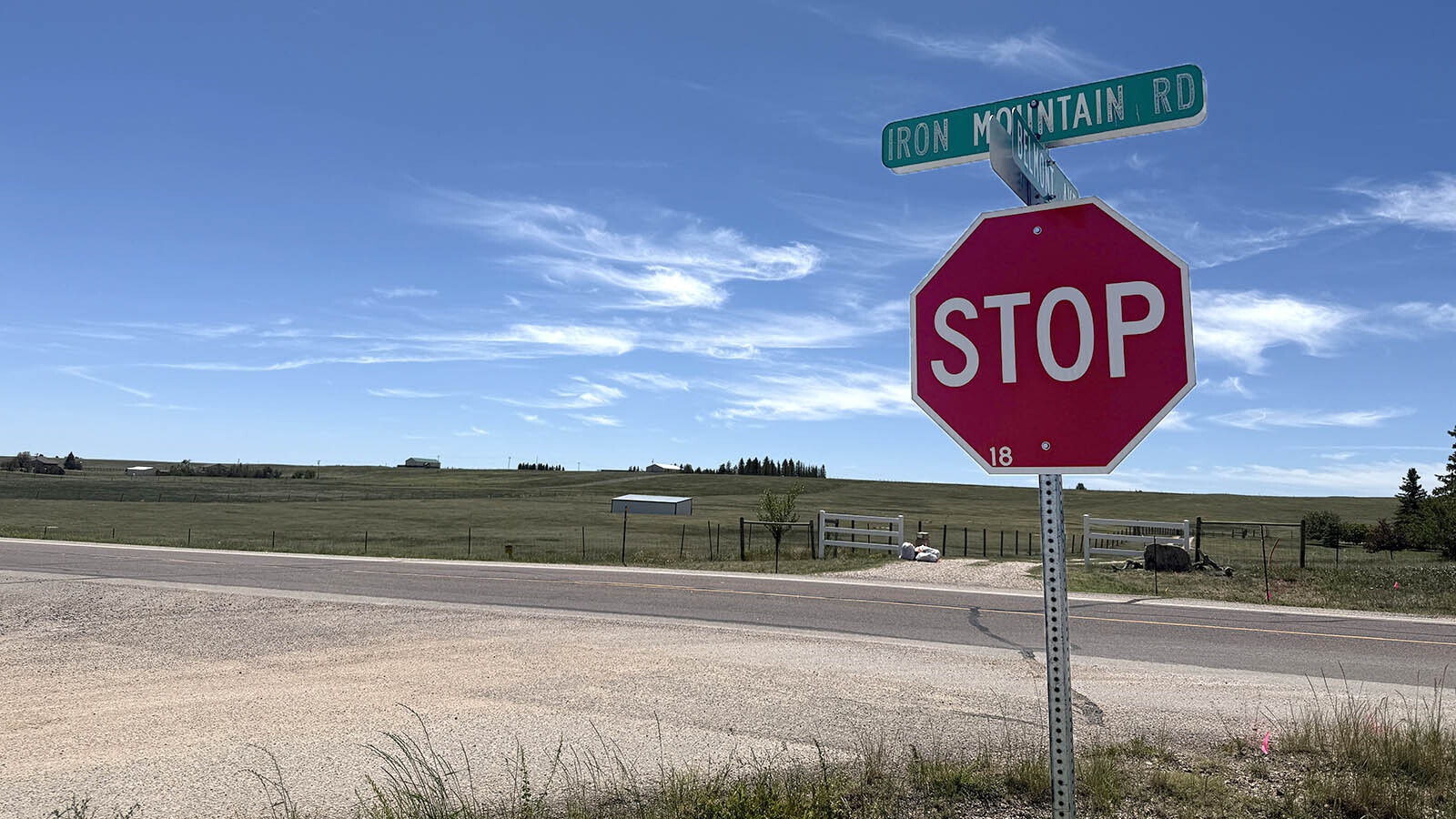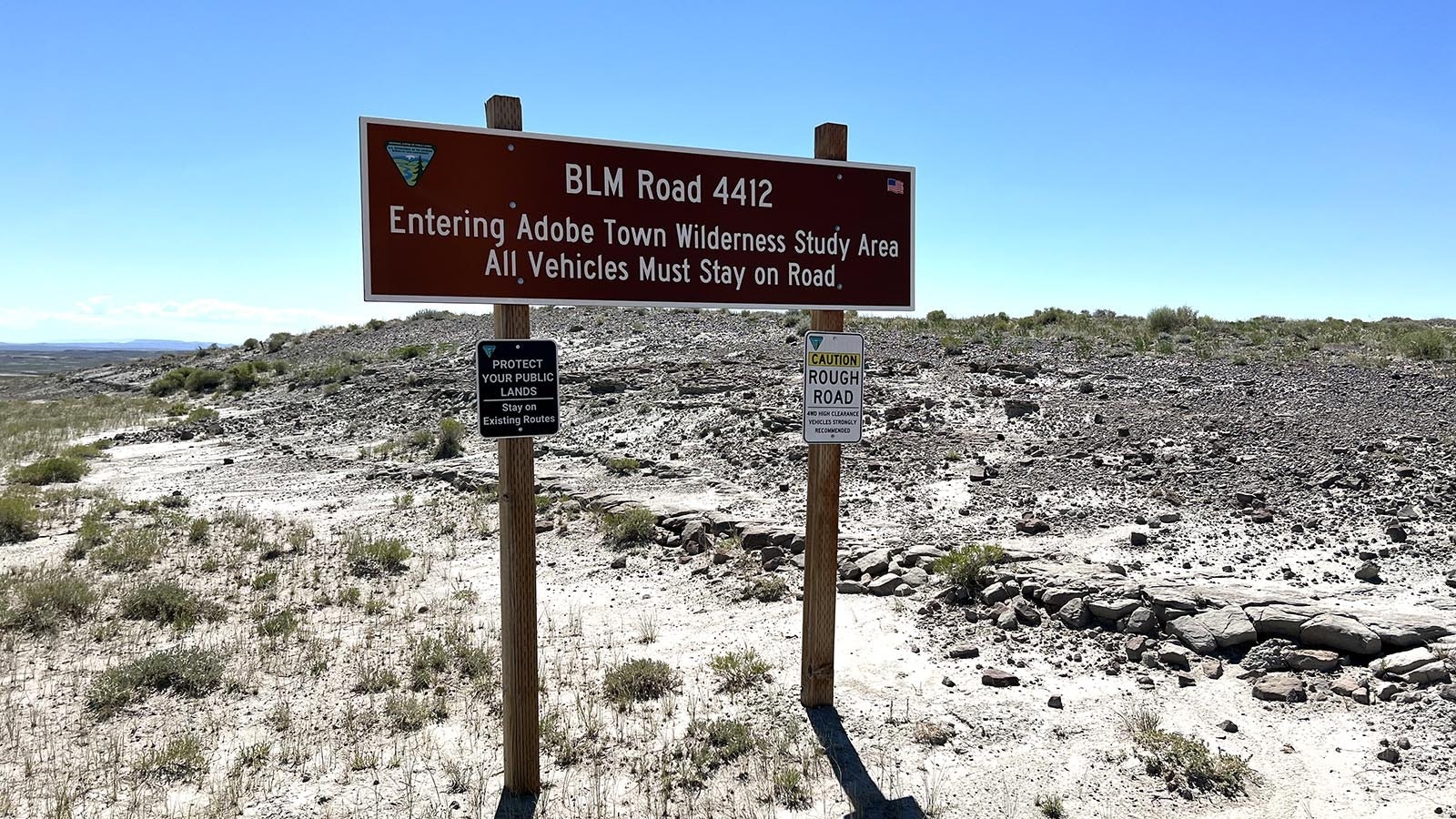The drunk driving conviction of a Sundance woman must be overturned because a Wyoming Highway Patrol trooper improperly entered the woman’s home without permission, Wyoming’s Supreme Court has ruled.
The court, in a unanimous ruling Thursday, overturned the conviction of Nancy May Hawken and ordered the case back to state district court for further proceedings to determine whether the trooper’s presence in Hawken’s home tainted the evidence against her.
“Our law is well established that an officer may not enter a home without a warrant or consent,” said the opinion, written by Chief Justice Kate Fox.
According to the ruling, Trooper Josh Undeberg on Dec. 15, 2020, received a report a vehicle had crashed in a ditch near Sundance and the driver appeared intoxicated. When he reached the vehicle, the driver was not present, but he found the vehicle was owned by Hawken, who lived about three miles away.
Undeberg drove to Hawken’s home, where he encountered her husband standing outside the home. Undeberg said he wanted to talk to Hawken and her husband said he would go get her.
The husband walked toward the house and entered its mudroom, followed by Undeberg. The husband did not invite Undeberg to follow him and once Undeberg reached the mudroom, he asked Undeberg to wait there.
The opinion said Hawken’s husband told her officers were there to speak with her about the accident. It said as the two spoke, their conversation became heated and Undeberg called for Hawken’s husband to join him in the mudroom to avoid an altercation.
Hawken’s husband returned to the mudroom, followed by Hawken. Undeberg asked Hawken to come with him to his car so they could discuss the accident.
“Ms. Hawken complied and, because she had trouble maintaining her balance, Trooper Undeberg helped her walk to his car,” the opinion said. “After questioning her, Trooper Undeberg arrested her for driving under the influence.”
A breathalyzer test later showed Hawken had a blood-alcohol content of 0.26%.
During her trial, Hawken asked that the evidence collected by Undeberg be thrown out because it was collected after he unlawfully entered her home. The district court rejected the request and Hawken entered a conditional plea of guilty to one count of felony driving under the influence of intoxicants.
But the Supreme Court found that Undeberg was not expressly invited to enter the home and that Hawken’s husband did not imply the trooper should follow him into the home.
“Mr. Hawken took no affirmative action to indicate he was inviting Trooper Undeberg into the house,” the opinion said. “He simply opened the door and entered. This is not clear evidence of consent.”
However, there was insufficient evidence to prove the evidence the trooper collected should be thrown out because he was in the home illegally, the ruling said.
Justices said it was not clear that Hawken would have left her home to speak with Undeberg, leading to her arrest, if he had not been in the home.
“These are factual questions that must be resolved to determine whether Ms. Hawken has met her burden of showing that but for Trooper Undeberg’s entry, she would not have consented to his seizure and questioning,” the opinion said.
It is also unclear whether Hawken was advised of her right to remain silent or whether her level of intoxication would prevent her from knowingly consenting to Undeberg’s request to interview her about the accident.
As a result, justices returned the case to district court to determine sufficient cause exists to suppress the evidence.
**For All Things Wyoming, Sign-Up For Our Daily Newsletter***





